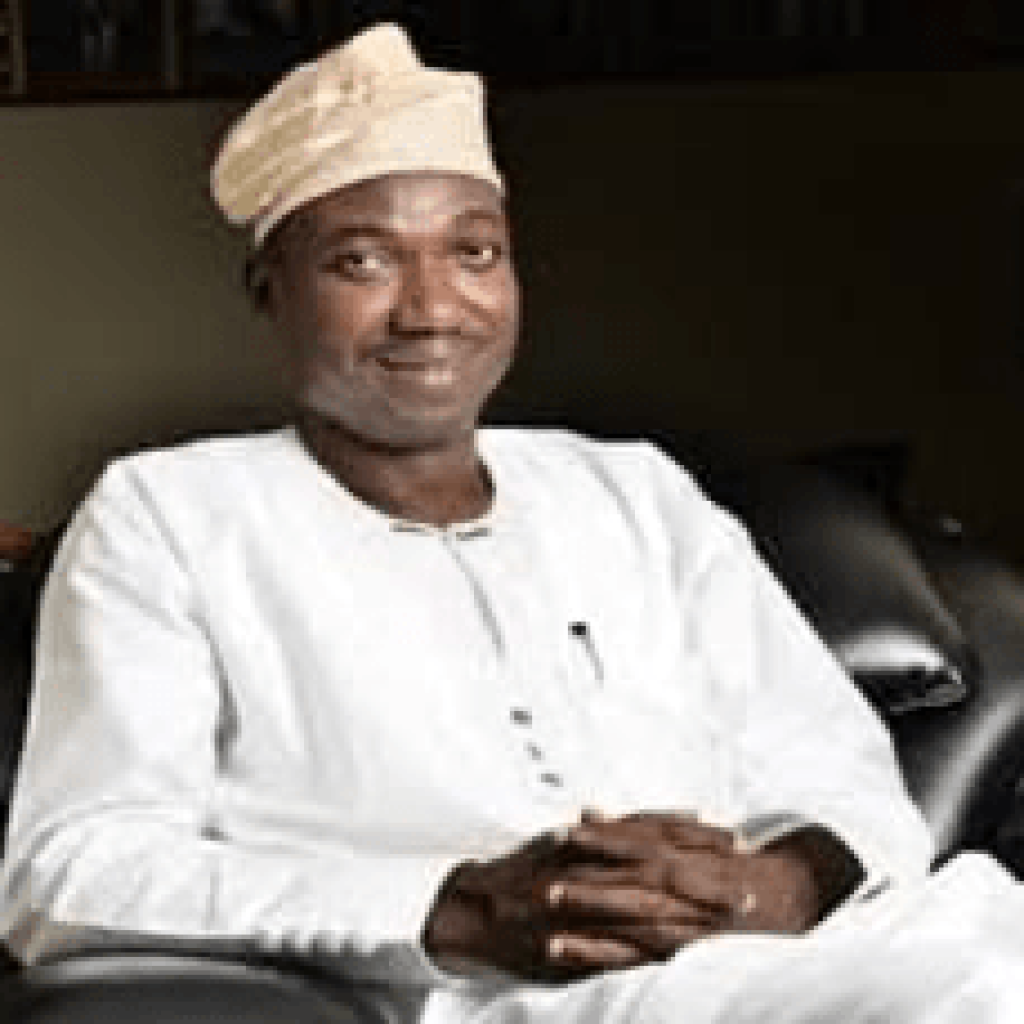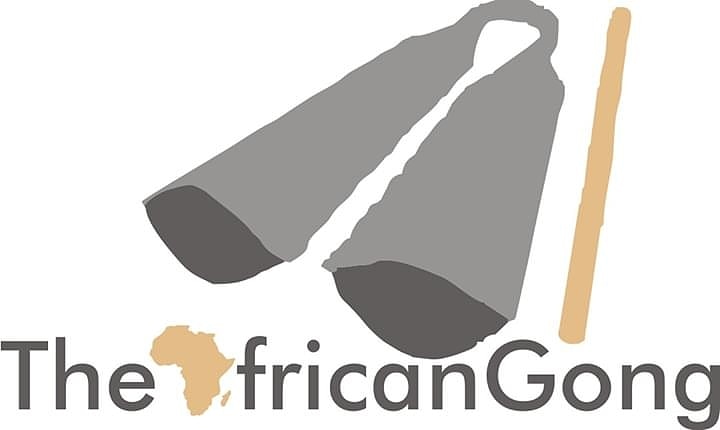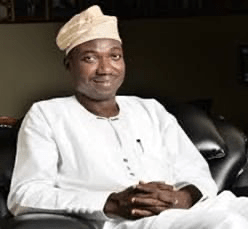
In a world where labels and categories are rampant, it often takes belonging to a marginalised, oppressed, or misrepresented group of people to proffer beneficial solutions for that group or even work assiduously in its defence. This is because, in most cases, an outsider cannot fully conceptualise the experiences of the group the way an insider would. For instance, the majority of Afrocentric historians and Africanists are Africans themselves. While there are, of course, people outside this category who also commit to the cause, it would take someone who has been in the exact shoes of Africans to feel the pains and insists on African perspectives on a daily basis. This is also often the case in advocacies and movements such as feminism, women’s studies, women’s history, and women empowerment. In the same vein, it would take being a Nigerian, having lived among Nigerians, or choosing to live in Nigeria, to contextualise the suffering of the Nigerian people adequately.
Be that as it may, there are outlier cases in all of these categories of movements and advocacies; that is, people who do not necessarily belong to the group but have dedicated their work and focus to defending and seeking solutions. These outlier cases go out of their way to understand things from the perspectives of people who belong to the group, and although they may not fully relate to or represent the experiences of the group of people they are advocating for, their work is impactful enough to drive all-round betterment for the group. These outlier cases include philanthropists whose wealth has funded some of the world’s most significant medical discoveries, although they may not necessarily be affected by the diseases they are battling through the funding. And there is an outlier very much known to me: Professor Koya Ogen.

I have known Professor Koya Ogen for decades. Ours is a relationship that has, over the years, extended beyond the baseline relationship that two historian-academics would generally share. From our initial engagement, Professor Ogen’s wealth of ideas, research acumen, and depth of knowledge in the field was brought to the fore, and it is amazing to see how he has advanced in his career over the years. Schooled first at the now Adeyemi University of Education, Professor Ogen received training not just as a historian but also as a teacher — little wonder he is now doing exploits as an academic. He is also a proud product of the University of Lagos as an academic, as his grounded foundational training at Adeyemi has been instrumental to his output. In his pursuit of excellence, he obtained two successive degrees — a Master’s degree and a Ph.D. — from the University of Lagos, propelling him to a career in academia.
Ogen’s excellence as an academic has earned him several teaching and research fellowships and positions within and outside Nigeria — at the World Bank Institute, University of Ibadan, University of Yaoundé, Fourah Bay College, Obafemi Awolowo University, University of Lagos, the Leeds University Center for African Studies, University of Birmingham, Adeyemi College of Education, and Osun State University, among others. Ogen’s lifelong career interests revolve around exceptional teaching, relentless research, and impacts, and that’s visible in how much of himself he has poured into his work and the roles he has taken on. Being a diligent researcher and scholar myself, I know how taxing and heavy the weight of this type of mindset and approach is, and it is another reason I am always left in awe and admiration of this historian who put all of himself into his work.
Professor Ogen is on a mission to play his part in writing the history of the Yoruba, particularly the scarcely documented Southeastern Yorubaland. He has had an incredible output of work on the Yoruba, cutting across history, religion, empowerment, and culture. His dedication to documenting the Yoruba religion and its growing popularity among peoples of several world cultures is highly commendable. Ogen is an astute teacher and an effective administrator whose work has been marked by quality, accountability, innovation, and inclusive leadership.

I have known Ogen for long enough to consider him as someone who readily rises to the task when the occasion demands, even when others are unsure of how to react or somewhat fearful of how challenging the responsibilities might be. These adopted qualities for administration have been reflected in the positions Ogen has held — during his time as the Provost of Adeyemi College of Education, as part of the TETFund Research Fund Committee, and also as the first Dean of the Faculty of Humanities, Osun State University. As an inclusive administrator and educator, Ogen’s leadership recognises and actively engages students, a claim that has been proven in his past administrative positions.
Although he is a man, Professor Ogen’s work, research, and scholarship encompasses women’s empowerment. Suppose you are familiar with Ogen’s astuteness in scholarship and research. In that case, you will know he has worked on ground-breaking research projects, including the “Knowing Each Other Everyday Religious Encounter in Southwest Yorubaland” and the “Globalisation of African Religion and the Post-colonial Resurgence of Yoruba Traditional Religious Practices.” I was delighted but not surprised when, a few days ago, I received the good news that Professor Ogen and his team emerged as one of the 11 winners of the prestigious UNESCO Diversity of Cultural Expressions grant. This means that their project scaled through the rigorous national processes to emerge as Nigeria’s submission, and among the over 600 project proposals submitted to the UNESCO global team, Professor Ogen’s team made it to the 11-project winners’ list.

This victory will give headway to Professor Ogen’s research focus and commitment to women’s empowerment through innovative solutions. In the same vein, it has placed Osun State University on the global map as Nigeria’s first higher institution of learning to be so awarded. As great as this win is for the team of researchers and the university, it is even more glorious when we think of the potential it has to significantly impact young women from the Southwestern part of the country. The “Youth Empowerment, Gender Mainstreaming and Entrepreneurising Yoruba Oral Arts for Sustainable Development in Southwest Nigeria” project is an avenue through which Professor Ogen and his 15 team members will empower young Yoruba women under the aegis of Osun State University.
